Introduction
Democratic theory promises that elected officials should represent the will of their constituents, with public policy aligning with citizen preferences. However, mounting evidence reveals a troubling disconnect between what voters want regarding inequality issues and what their elected representatives actually do. This gap challenges democratic legitimacy and raises critical questions about who truly governs in modern democracies.
Understanding Representative Responsiveness
Representative responsiveness refers to the degree to which elected officials’ policy positions and voting behaviors reflect constituent preferences. In an ideal democratic system, lawmakers would champion policies their voters support and oppose those they reject. Political scientists measure this by comparing public opinion data with legislative voting patterns—a responsive system shows high correlation between constituent preferences and representative behavior.
The Inequality Disconnect
When it comes to economic inequality, the gap between public preferences and political action has become particularly pronounced. Polling data consistently shows large majorities across party lines support measures to address inequality: raising minimum wage, expanding healthcare access, investing in education, and ensuring fair taxation of wealthy individuals and corporations.
Yet legislative action often fails to materialize or falls far short of public expectations. Despite widespread support for addressing inequality, comprehensive policy responses remain elusive. This disconnect extends beyond specific policies to broader concerns about economic fairness, wealth concentration, and economic mobility—issues voters consistently worry about but which fail to translate into sustained political action.

Explaining the Representation Gap
Several factors contribute to this disconnect between voter preferences and elected official actions on inequality issues.
Interest Group Influence: Wealthy individuals and corporations possess disproportionate political influence through campaign contributions and lobbying. These actors often oppose inequality-reducing policies that might increase their tax burden or regulatory constraints, and their concentrated resources can outweigh the more diffuse preferences of ordinary voters.
Electoral System Constraints: Gerrymandering reduces competitive elections, making incumbents less sensitive to broad public opinion. Campaign finance systems make candidates more attentive to donors than voters. Primary dynamics may reward appeals to partisan bases rather than median voters, reducing incentives to address broadly popular but complex issues.
Information Asymmetries: While voters express concern about inequality in surveys, they often lack detailed information about specific policy proposals. Politicians and interest groups with strong preferences may be better informed and more strategically engaged in the policy process.
Partisan Polarization: Growing polarization makes it difficult to build coalitions around inequality policies, even with broad public support. Issues become filtered through partisan lenses, and politicians may prioritize party loyalty over constituent preferences.
Implementation Challenges: The complexity of designing effective inequality policies, combined with the political system’s bias toward maintaining existing arrangements, can prevent action even when public support exists.
Democratic Legitimacy Concerns
This disconnect raises fundamental questions about democratic legitimacy. Democratic theory assumes government derives authority from citizen consent, expressed through elections and participation. When officials consistently fail to respond to clear public preferences on important issues, this foundation becomes shaky.
The legitimacy problem is particularly acute for inequality issues because they involve fundamental questions of justice and fairness. When citizens believe their economic concerns are ignored while wealthy interests are protected, it undermines faith in democratic institutions. This erosion creates a vicious cycle where reduced civic engagement makes the system even less responsive to ordinary citizens.
Consequences and Solutions
The representation gap has far-reaching consequences, contributing to political disengagement, cynicism about institutions, and support for anti-establishment movements. It may fuel populist politics and undermine social cohesion when people lose faith in democratic problem-solving.
Potential solutions include:
Campaign Finance Reform: Reducing private money’s role in politics through public financing, contribution limits, or transparency requirements could make officials more responsive to voters than donors.
Electoral System Changes: Redistricting reform, ranked choice voting, or primary system changes could create incentives for broader coalition-building rather than appealing to narrow interests.
Strengthening Democratic Participation: Improving civic education, increasing voter turnout, and creating more opportunities for citizen participation could better communicate public preferences and enable accountability.
Information Reform: Addressing misinformation and improving political journalism could ensure both citizens and politicians are better informed about policy options.
Conclusion
The disconnect between voter preferences and elected official actions on inequality issues represents a significant challenge to democratic governance. Citizens consistently support addressing inequality, yet political action often falls short. This reflects structural problems including disproportionate influence of organized interests, electoral constraints, and information asymmetries.
The stakes are high: democratic legitimacy depends on translating public preferences into meaningful policy action. When this fails consistently on issues citizens care deeply about, it undermines the democratic promise and contributes to political instability.
Addressing this challenge requires fundamental reforms to elections, campaign finance, and policy-making processes. Only by bridging the gap between what people want and what representatives deliver can democracies restore the promise of representative government and ensure all citizens’ voices—not just the wealthy and well-connected—are heard in governance. The future of democratic governance may depend on our ability to strengthen this connection, particularly on issues of economic justice that go to the heart of the social contract.
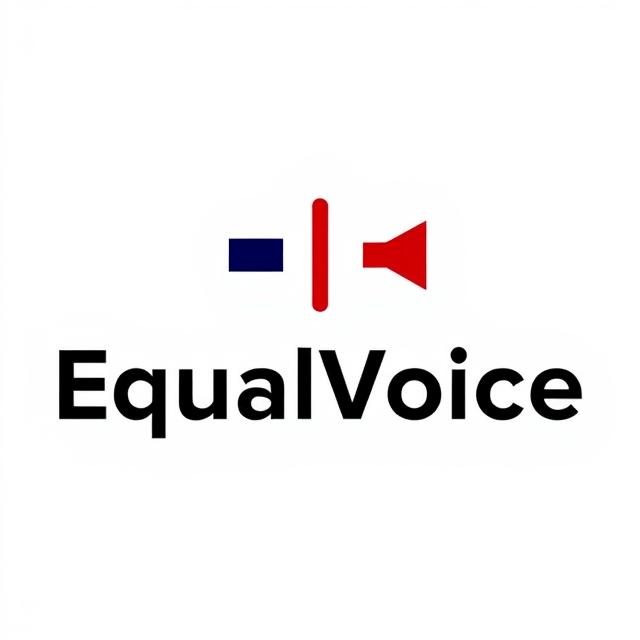
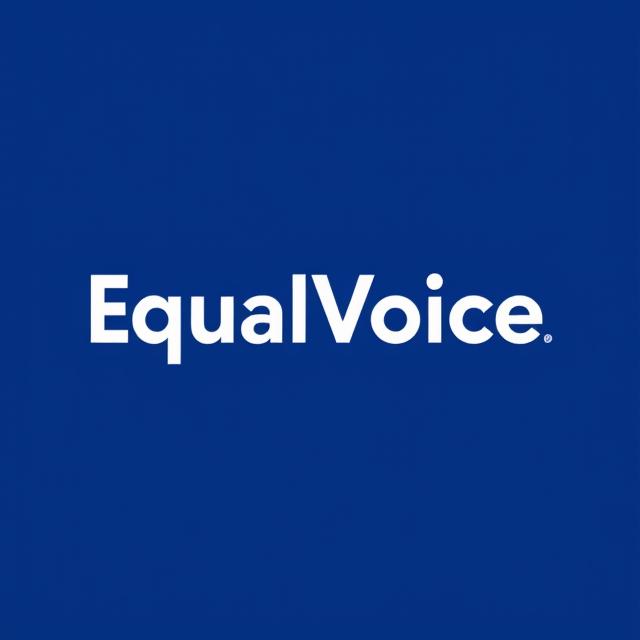
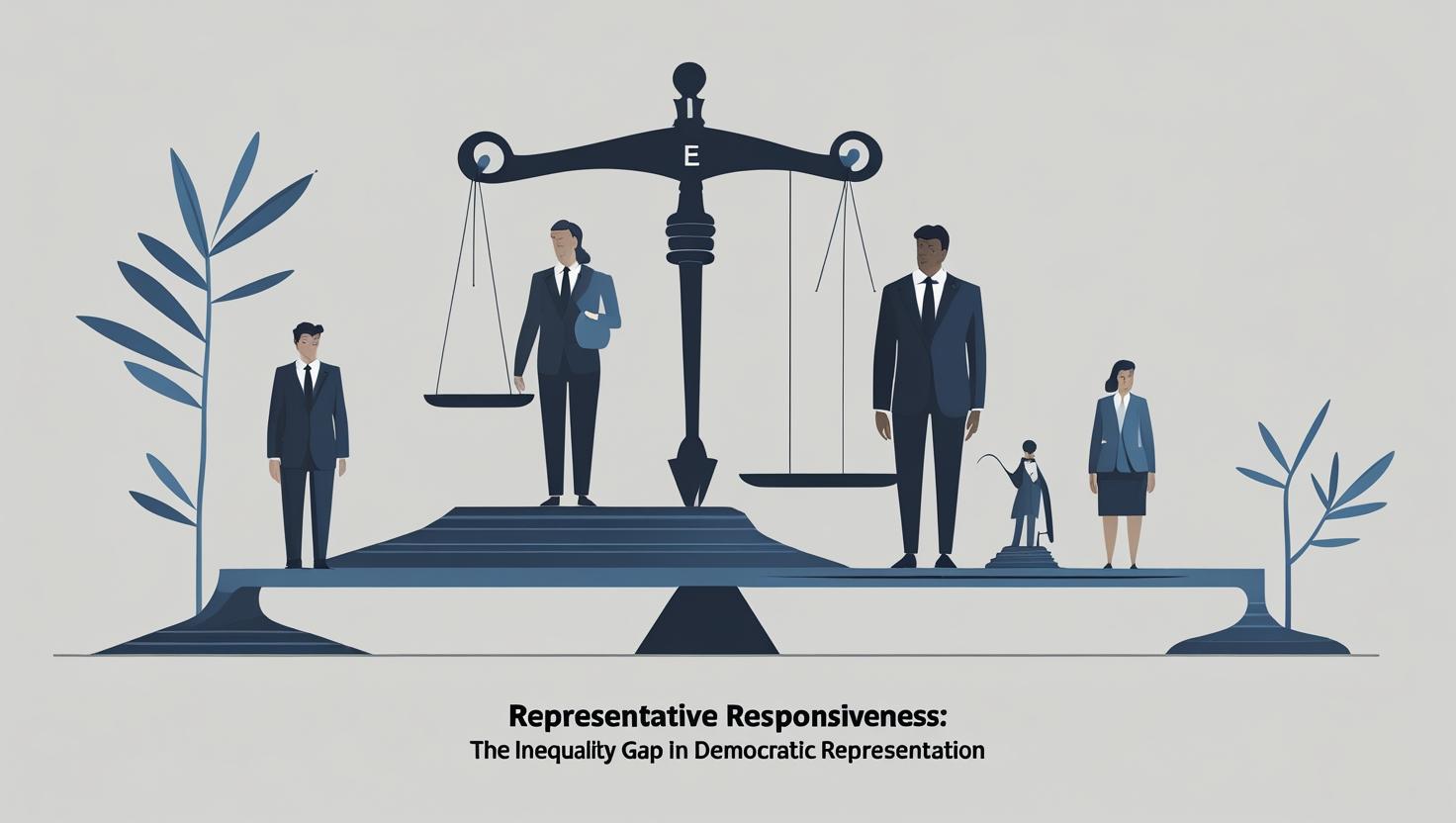
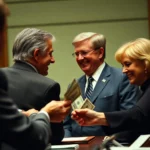

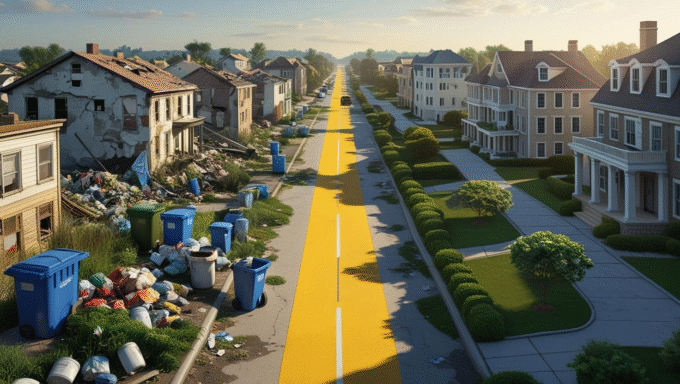

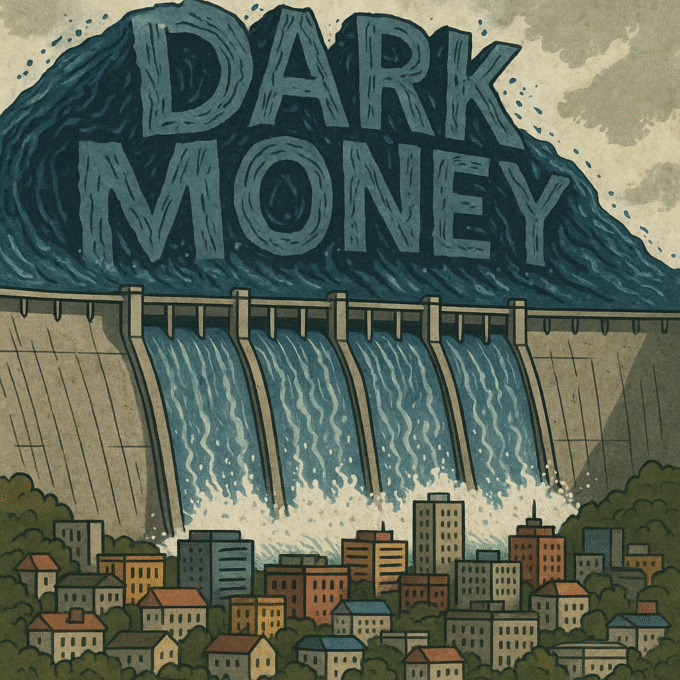

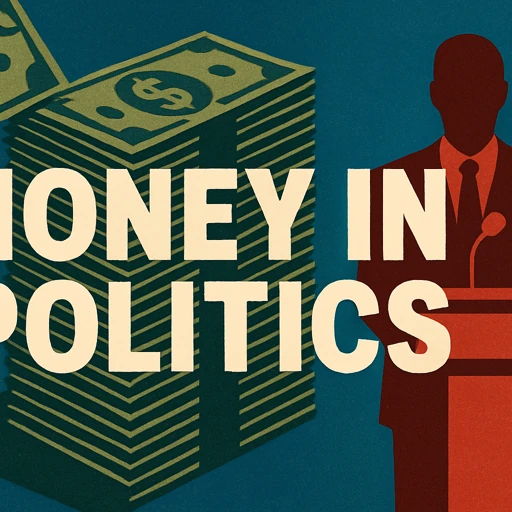


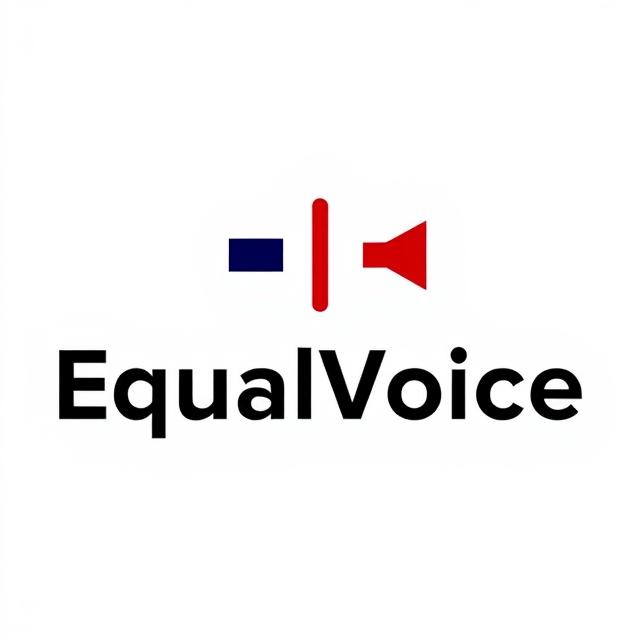
Leave a comment